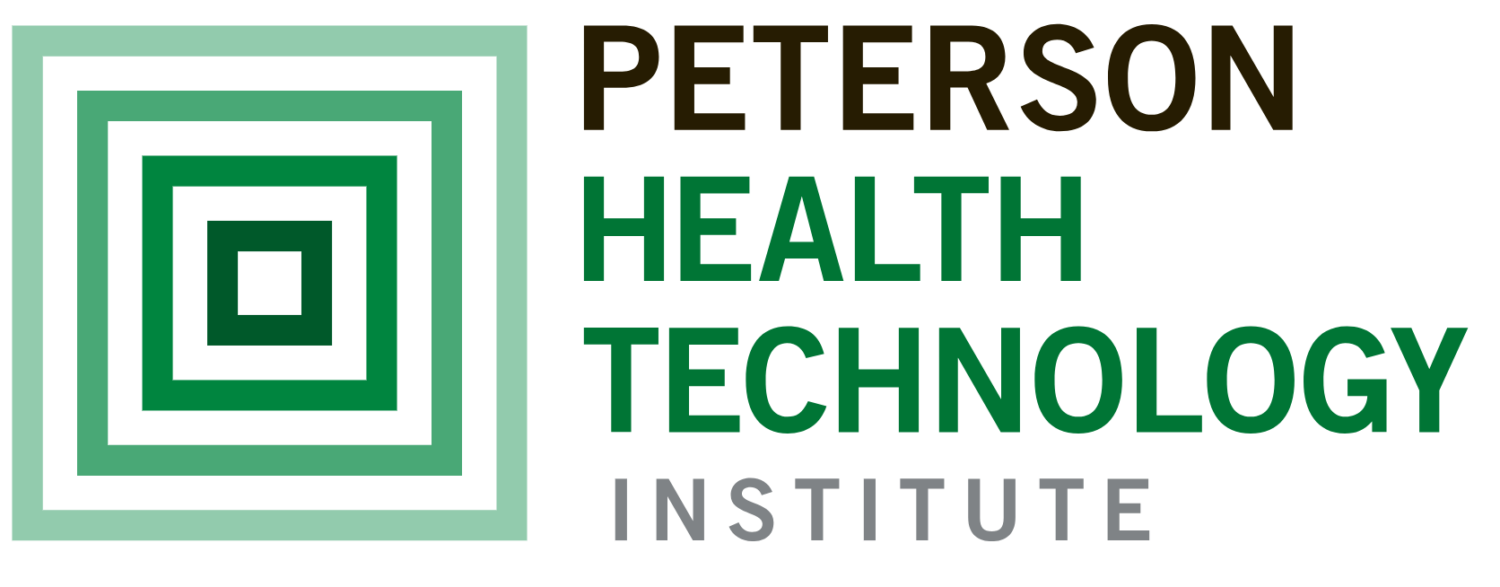
What You Should Know:
– The Peterson Health Technology Institute (PHTI) will conduct an independent evaluation of virtual solutions used to manage gastrointestinal (GI) conditions, assessing their clinical effectiveness and economic impact.
– PHTI’s assessments are designed to inform health plans, employers, and providers on whether and how to adopt digital health technologies to improve outcomes, expand access, and reduce spending.
– The evaluation comes as virtual care models for GI conditions are gaining traction, with more than $300 million invested in the space since 2016.
Addressing a Costly and Widespread Health Challenge
GI conditions like inflammatory bowel disease (IBD), irritable bowel syndrome (IBS), and gastroesophageal reflux disease (GERD) represent a significant burden on the U.S. healthcare system.
- An estimated 60 to 70 million people in the United States are affected by these conditions.
- GI conditions account for $136 billion annually in U.S. healthcare spending—more than diabetes or heart disease.
- In traditional care models, patients often have difficulty getting a timely diagnosis and accessing effective treatment, leading to delayed care, higher spending, avoidable emergency room visits, and unnecessary suffering.
An Independent Assessment to Guide a Growing Market
PHTI’s assessment of virtual solutions for GI conditions will provide much-needed clarity for a rapidly growing market. By delivering an independent evaluation of clinical effectiveness and economic impact, PHTI will help key healthcare stakeholders make more informed decisions about which technologies to adopt.
The new assessment will follow PHTI’s evaluation of virtual solutions for opioid use disorder. PHTI has already published evaluations on virtual solutions for depression and anxiety, digital hypertension management, virtual musculoskeletal solutions, and digital diabetes management solutions.
“Patients with GI symptoms often face long diagnostic journeys that result in avoidable emergency room visits, expensive procedures and testing, and unnecessary suffering,” said Caroline Pearson, executive director of PHTI.
